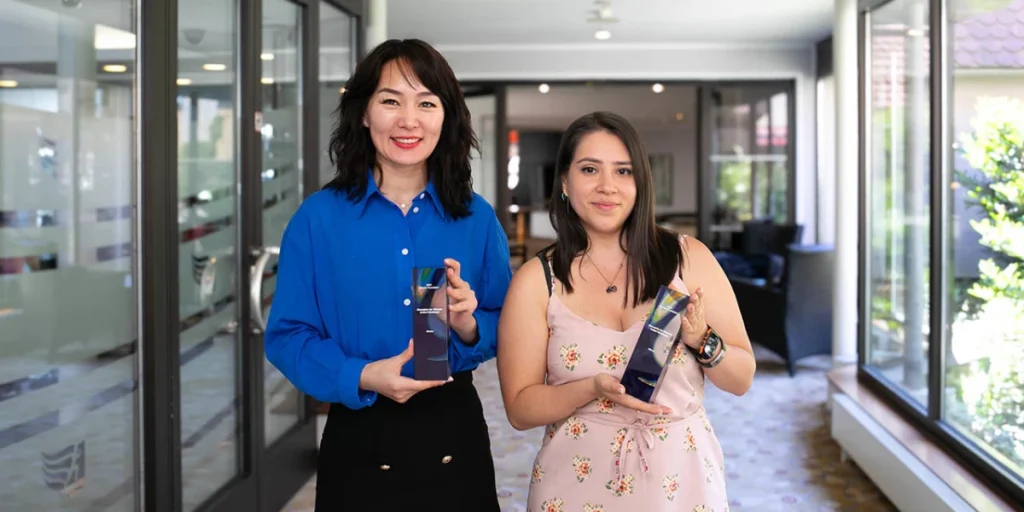Chemistry for Climate Action winners use volcanic rocks and white-rot fungi for waste management

These early-career researchers are creating innovative solutions for water and waste management challenges in Mongolia, Colombia and beyond
From 2017 to 2021, about 30% of all scientific research had direct ties to the UN Sustainable Development Goals, with climate change emerging as the most frequently referenced topic, according to Scopus data. This statistic is not startling considering the global threat posed by climate change.
The surprising element might be the significant role chemistry can play in devising pragmatic solutions to the environmental issues we need to conquer for a sustainable future. We need to leverage the potency of chemistry to combat climate change effectively.
The Elsevier Foundation Chemistry for Climate Action Challenge aims to discover solutions rooted in chemistry that can help mitigate the climate crisis. This year, we received 91 applications from 41 countries. Five finalists presented their proposals to the scientific jury at the 8th Green and Sustainable Chemistry Conference, held May 13–15 in Dresden, Germany. Today, we’re thrilled to announce the winners.
- Dr Altantuya Ochirkhuyag is a researcher in environmental chemistry at the Mongolian Academy of Sciences Institute of Chemistry and Chemical Technology
- María Alejandra Flórez-Restrepoopens in new tab/window is a researcher in the BIOPOLIMER Research Group at Universidad de Antioquia, Colombia.
The winners will each receive a €25,000 prize and two month’s access to Elsevier’s premier chemistry and cheminformatics database, Reaxys.
“Selecting the winners of the 8th Challenge was incredibly difficult, but we are delighted to recognize the hard work and dedication of our two winning early career women researchers,” said Prof Dr Klaus Kümmerer, Chair of the Challenge’s scientific jury and the Green & Sustainable Chemistry Conference. “Their commitment towards a sustainable future serves as an inspiration to us all, and we eagerly anticipate the impacts their future work will have.”
Read the full article on Elsevier Connect: “Chemistry for Climate Action winners use volcanic rocks and white-rot fungi for waste management“, Maha Rhannam, 22 May 2024.

















